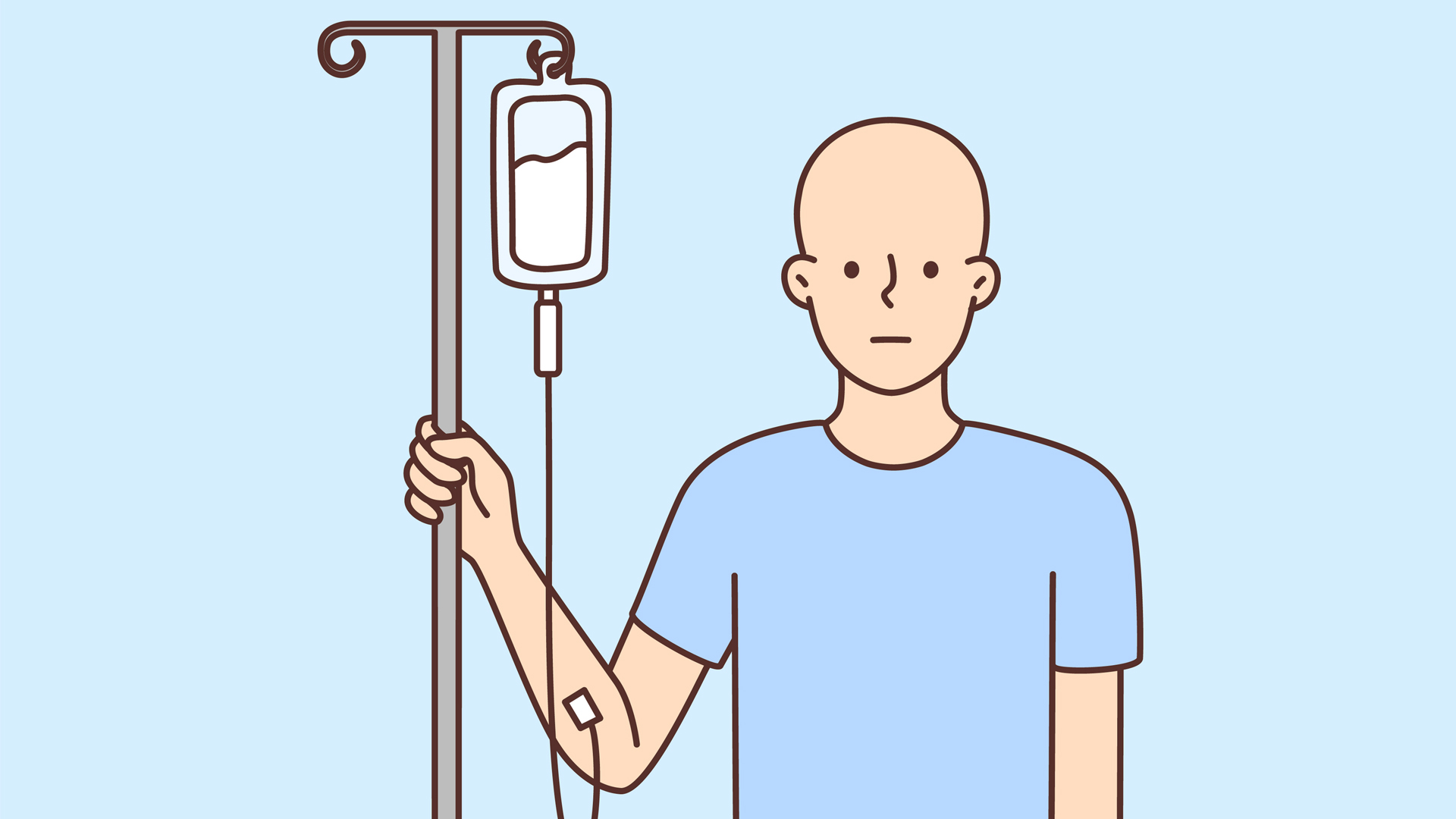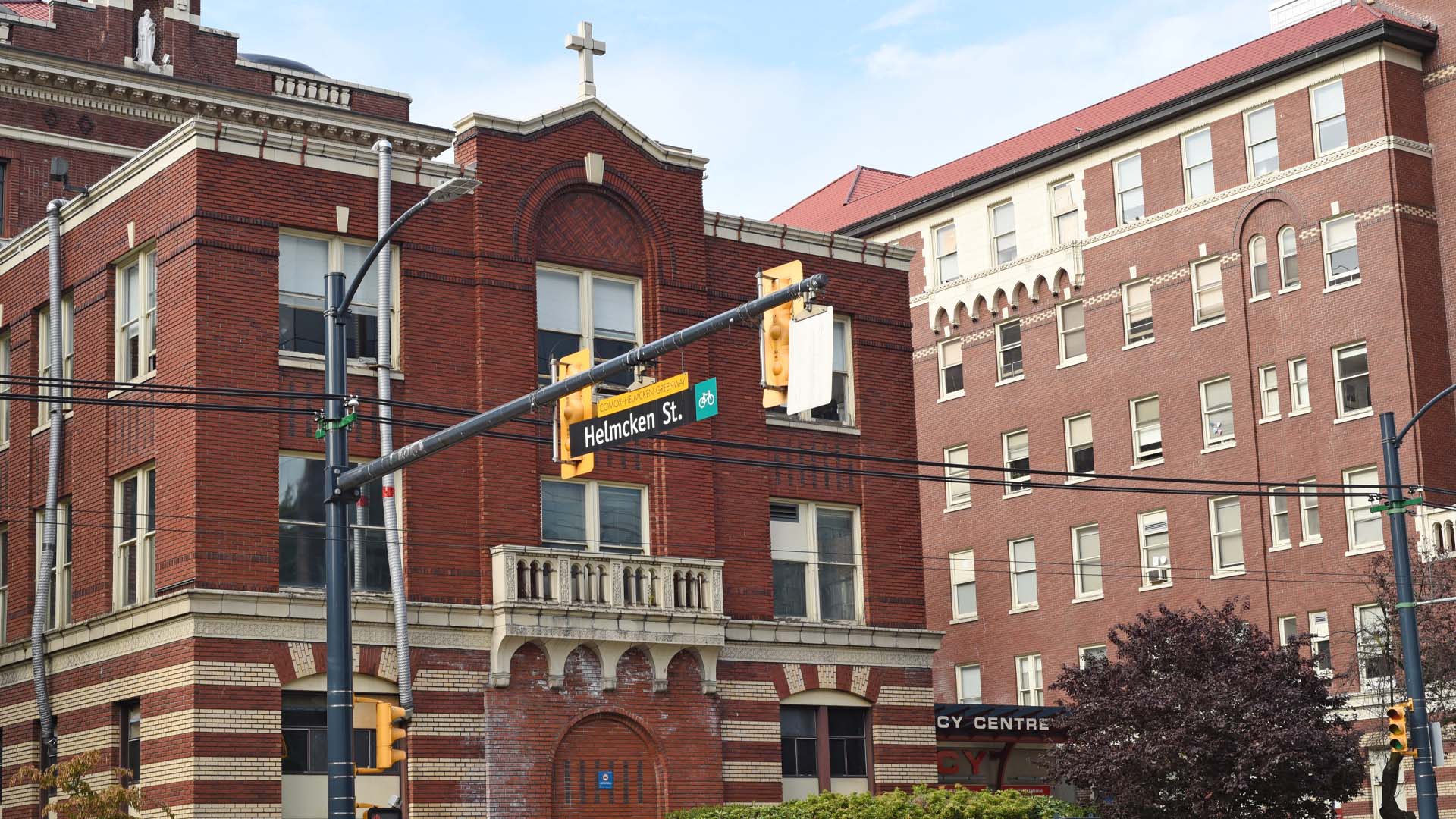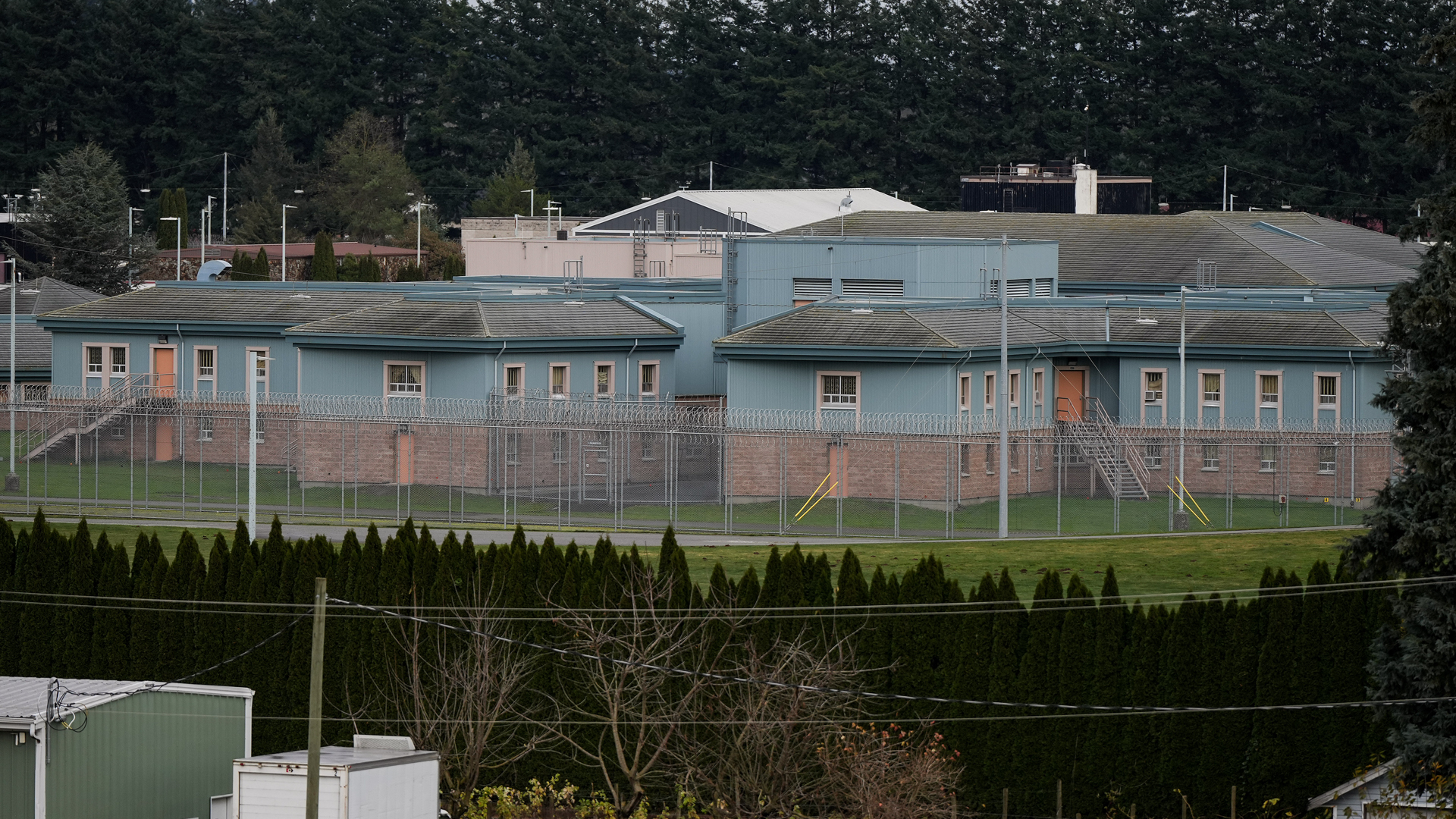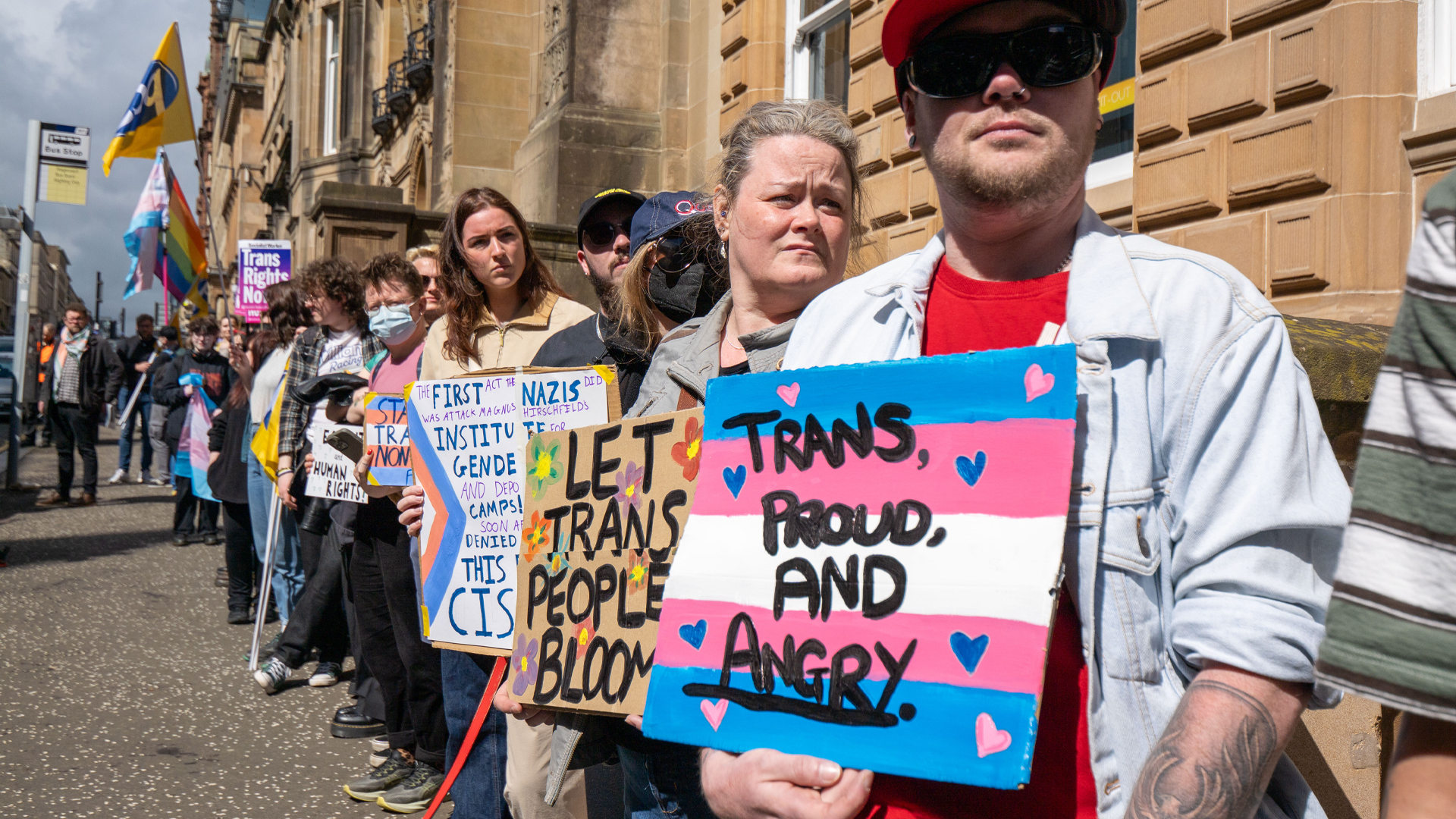
“B.C. Ministry of Health pledges to build a corridor of sin.”
That should have been the headline attached to B.C. Health Minister Adrian Dix’s recent announcement that he will instruct Vancouver Coastal Health to make room next to the city’s St. Paul’s Hospital for a dedicated clinical and care space where patients from the hospital can receive “compassionate and dignified MAiD services.”
Canada’s medical assistance in dying law allows adults to receive MAiD if:
- They have a “serious and incurable illness, disease or disability.”
- They are “in an advanced state of irreversible decline in capability.”
- “Illness, disease or disability or that state of decline causes them enduring physical or psychological suffering that is intolerable to them and that cannot be relieved under conditions that they consider acceptable.”
But eligible patients have been unable to have MAiD at St. Paul’s Hospital because the Ministry of Health allows Catholic beliefs and values to dictate the services offered.
The Catholic Church is opposed to MAiD, so patients in St. Paul’s – which receives most of its funding from the public purse – are forced to transfer out to receive the legal end-of-life care they want. Other faith-influenced facilities across the province have also been allowed to do forced transfers.
Dix realized he needed to do something after the story of Samantha O’Neill’s horrifying experience with a forced transfer out of St. Paul’s generated public outrage.
Hence Dix’s proposed plan.
But his “solution” is fundamentally flawed: It is not supported by the public, is unconstitutional and doesn’t address the harms of forced transfers.
Catering to faith-based hospitals that dictate what health care they will and won’t provide is unacceptable to the majority of Canadians. In B.C., only 12 per cent of residents identify as Catholic. Patients served by St. Paul’s are predominantly non-Catholic. Staff are predominantly non-Catholic. The population providing most of the hospital’s funding is predominantly non-Catholic.
Faith-based health facilities shouldn’t prolong patient suffering
Missing the mark on a profound social change with MAiD for mental illness
Dix’s “solution” also fails to remedy the Charter violations inherent in his government’s allowing the Catholic Church control in publicly funded health-care facilities over the beliefs, values, needs and desires of British Columbians.
Nor does it consider the additional suffering caused by transferring fragile, gravely ill patients from one building to another. St. Paul’s patients wanting MAiD will be forced to make a trip down the elevator, through a corridor, then back up another elevator to a new room.
Some patients are not able to be moved. Some are too medically or symptomatically unstable to make the trip. Others are only able to tolerate the journey if medicated to the point of unconsciousness.
This denies them the comfort of having family and friends engaging with them immediately before and as they receive MAiD. For some, the pain from the transfer cannot be controlled so they experience excruciating agony throughout the move.
Dix also fails to consider the harms of forced transfers for others in the Providence Health Care system or other faith-influenced facilities where there is no dedicated space available.
The following description from an experienced palliative-care clinician, who wishes to remain anonymous due to harassment by faith-based MAiD opponents, vividly describes these harms:
Imagine looking around the room you had made feel more like home as you are dying – pictures on the walls, plants, sun filtering through your window. The comforting faces of the nurses, doctors and patient-care attendants who have shared in your care.
But now you can’t get out of bed anymore – any movement is an agony. The pain from the cancer growing … in your abdomen is now a constant.
You had decided on an assisted death … when your suffering was no longer bearable, and you are keenly aware that time is approaching.
But then, a rupture.
You can’t have it here – in this place, among these people, who have brought you comfort at the end. Your choice to end your suffering is offensive. It is sinful. It is cowardly – at least within those walls. You will be moved. Physical and emotional ties are broken.
You are bundled up, on a stretcher, and the bumps in the hallways make you want to cry out. You suppress a scream. You are taken to a room. Sterile, empty. Not YOUR room. You need extra doses of pain medicine after enduring that trip, making those last moments with your loved ones fuzzy. You forget what you had planned to say. You feel untethered and unsafe. This is not how it should be.
There are two kinds of suffering we experience in this life: unavoidable suffering (the kind that comes from being human, experiencing love and grief) and unnecessary suffering. Moving patients from the place they have chosen to receive palliative care – the place where they are doing their dying – to another location for death itself causes unnecessary suffering and is the antithesis of person-centred care.
At the same time as Dix outlined his plan, he also announced that he had directed Vancouver Coastal Health and Providence Health Care “to implement a patient-centred approach for patients at St. Paul’s Hospital who wish to access MAiD.”
But it is clear that this plan is church-centred, not patient-centred.
It fails to properly balance the interests of faith groups with the wishes and needs of patients who are, by definition, experiencing enduring and intolerable suffering. Bricks and mortar do not have freedom of religion and conscience.
Faith-influenced hospitals must be made to respect the constitutional rights of the people they serve. Dix’s plan needs to be sent back to the drawing board with instructions for a redesign with suffering patients in mind instead of churches.
The B.C. situation is also a cautionary tale for governments across Canada. Forced transfers are allowed in almost every province and territory. Governments allow religious (mainly Catholic) hospitals to refuse to permit the provision of MAiD within their walls by outside clinicians – even to patients who cannot be moved to another facility. This occurs despite the documented harms of forced transfers.
Other health ministers will no doubt face stories like the one that precipitated Dix’s announcement. But they will have to look beyond the B.C. response for reasonable solutions.










